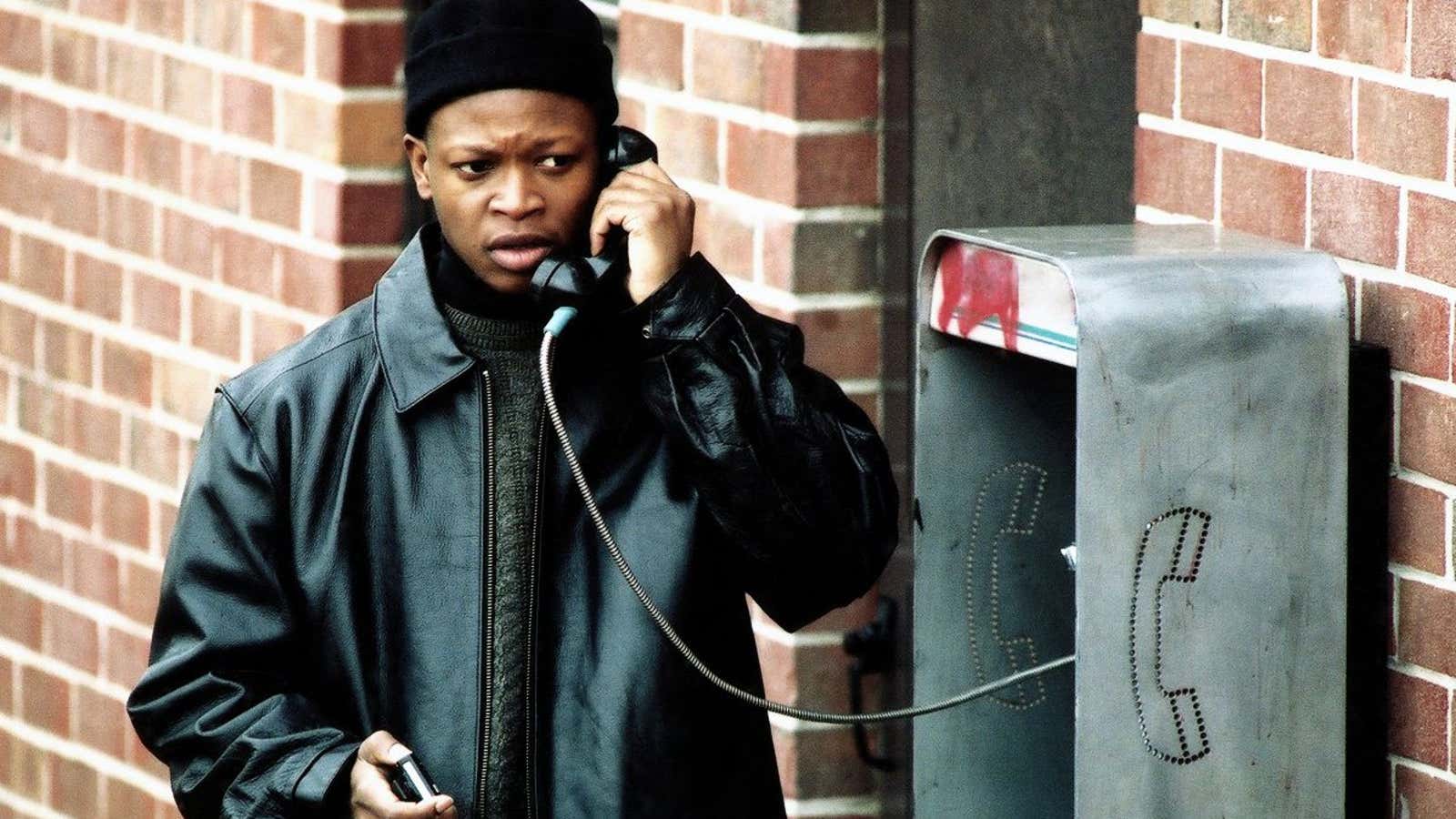Listen up, internet: This is how to respectfully debate someone you disagree with.
On Sunday (March 20), the NSA contractor-turned-whistleblower Edward Snowden and David Simon, the creator of the acclaimed HBO show The Wire, engaged in a thoughtful, polite debate about government surveillance. It started when Snowden, prompted by a New York Times article (paywall) about the arrest of a suspect in November’s Paris attacks, jokingly suggested that The Wire had helped the terrorists.
The Times article revealed that the attackers had frequently used disposable “burner” cell phones to avoid detection—just as the street-level drug dealers in Simon’s acclaimed show used such phones to thwart police (video) who were trying to listen in.
(The joke was probably partly self-referential: Authorities in the aftermath of the Paris attacks directly and indirectly blamed Snowden’s revelations for teaching the terrorists how to avoid phone surveillance.)
Before making The Wire, Simon was a police reporter for the Baltimore Sun for 13 years. Many of the investigative techniques prominent in the show, including wiretapping and tracking public pay phones, were based on Simon’s experience observing how Baltimore police surveilled the drug kingpins and their low-level “corner boys.”
Snowden now lives in Russia, where he has asylum from US attempts to charge him with various crimes. He signed up for Twitter in September.
After catching wind of Snowden’s tweet, Simon responded:
(“The Greek” refers to a character in The Wire who leads a crime syndicate that supplies heroin to drug dealers and deals in human trafficking.)
The discussion eventually evolved into a broader look at the United States National Security Agency’s surveillance program, and Snowden’s decision to blow the whistle on it.
(August 1914 likely refers to the beginning of World War I.)
Smith v. Maryland was a 1979 US Supreme Court case that determined that pen registers were not protected by the Fourth Amendment against illegal searches and seizures, and thus could be obtained without a warrant—an argument that has been applied to phone metadata in 2016 (to the dismay of Snowden and others who say the government has overstepped).
While the conversation—between two men from very different worlds, both well-versed in the jargon of and arguments around surveillance—is not always easy to follow, it offers a powerful illustration of how Twitter can enable interesting and important public discourse between high-profile people.
The exchange coincidentally happened just a day before Twitter’s 10th anniversary. The platform has come a long way since its first tweet.
